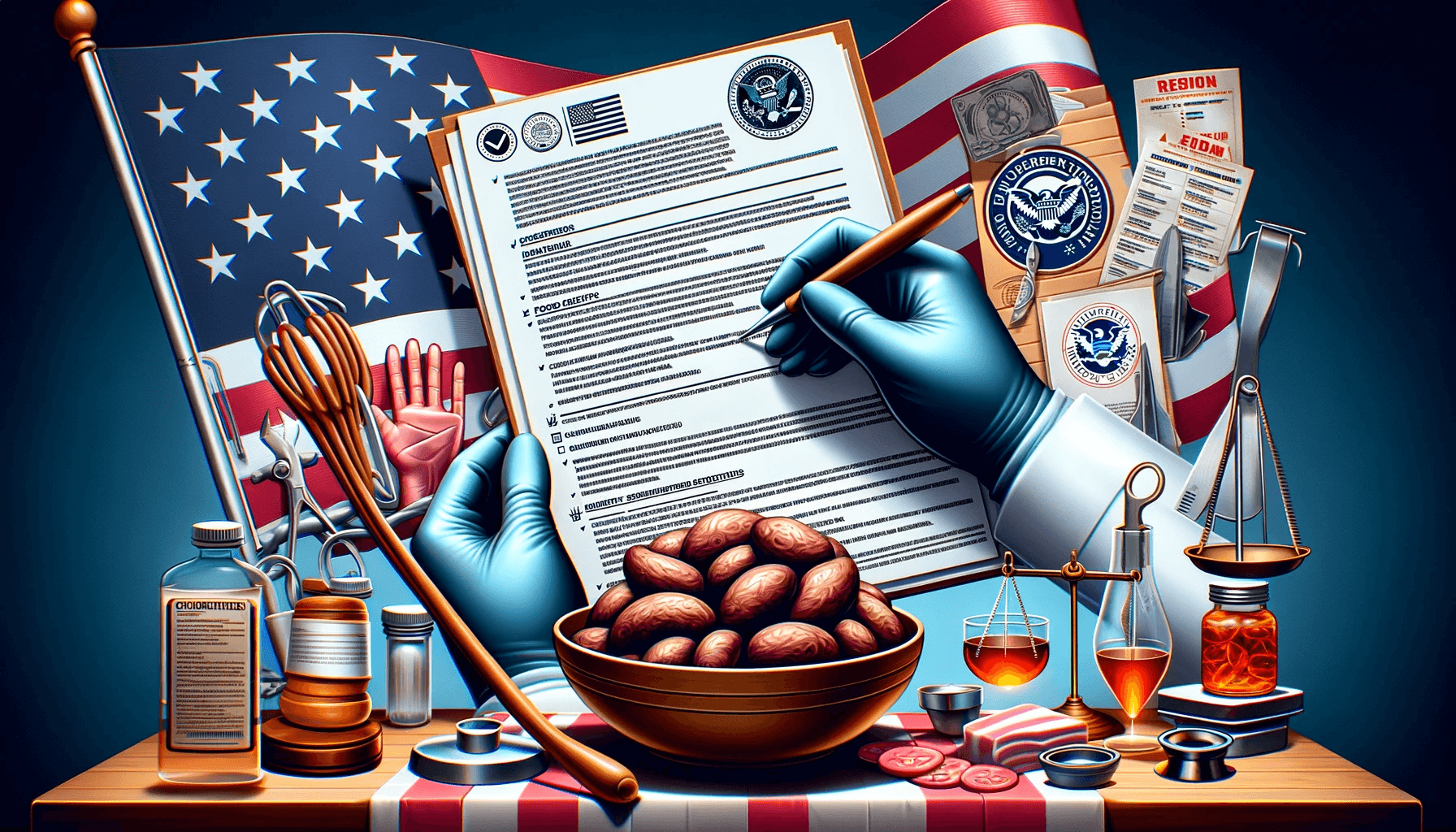In the melting pot of culinary diversity that is the United States, the legality of certain traditional dishes sometimes becomes a topic of debate. One such dish is Mondongo, a traditional Latin American soup known for its rich flavor and unique ingredients. Contrary to popular belief, Mondongo is not explicitly illegal in the United States; however, its preparation and sale are subject to stringent food safety regulations. This article delves into the legal intricacies surrounding Mondongo, exploring U.S. food laws and the factors contributing to its perceived legality.
Understanding Mondongo
Mondongo, primarily known in Latin American cuisine, is a soup made from tripe, the stomach lining of cows. Its preparation varies by region, often including a mix of vegetables and spices. While the dish is celebrated for its cultural significance and flavor, its key ingredient, tripe, has raised questions regarding food safety and preparation standards.
U.S. Food Safety Regulations
The legal framework governing food safety in the U.S. plays a crucial role in the preparation and sale of dishes like Mondongo. Two primary federal agencies are responsible for ensuring food safety: the U.S. Food and Drug Administration (FDA) and the U.S. Department of Agriculture (USDA).
- FDA Regulations: The FDA oversees the safety of most food products. It sets standards for the handling, preparation, and storage of food to prevent foodborne illnesses.
- USDA Oversight: The USDA regulates meat, poultry, and egg products. This includes regulations on the slaughter and processing of animals, ensuring that products like tripe are safe for consumption.
Misconceptions About Mondongo’s Legality
The belief that Mondongo is illegal likely stems from misunderstandings about U.S. food safety regulations. While the dish itself is not banned, the strict guidelines for processing tripe may lead to confusion about its legality.
Cultural and Health Considerations
Mondongo’s preparation is deeply rooted in cultural traditions. However, health concerns associated with improperly prepared tripe, such as bacterial contamination, necessitate careful compliance with health guidelines.
Preparing Mondongo: Legal and Safe Practices
Restaurants and individuals preparing Mondongo must adhere to food safety practices. This includes sourcing tripe from approved suppliers, maintaining cleanliness in preparation areas, and cooking the tripe thoroughly to eliminate potential health risks.
State and Local Health Codes
In addition to federal regulations, state and local health codes play a significant role in the legality of preparing and selling Mondongo. These codes may impose additional restrictions or guidelines on food preparation and restaurant operations.
Legal Implications for Restaurants and Chefs
Businesses that fail to comply with food safety regulations when preparing dishes like Mondongo could face legal consequences, including fines, closures, or legal action.
The Role of FDA Inspections and Compliance
Regular FDA inspections ensure that food establishments comply with safety standards. Compliance with these inspections is crucial for legally serving dishes like Mondongo.
Conclusion
In summary, while Mondongo is not illegal in the U.S., its preparation and sale are heavily regulated to ensure public health and safety. Understanding and adhering to food safety regulations is crucial for restaurants and individuals wishing to enjoy this traditional dish legally and safely.









Leave a Reply